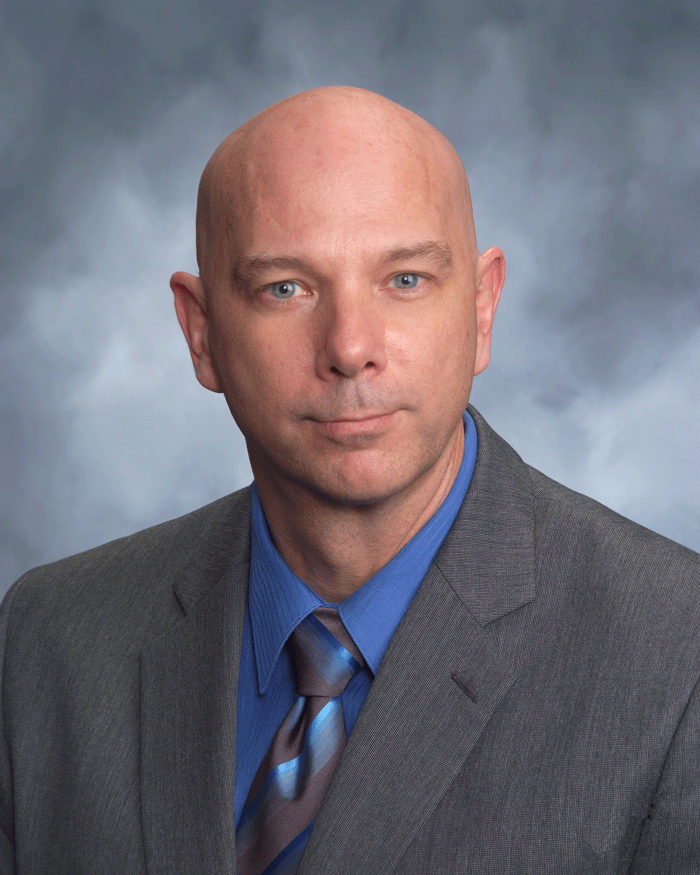
This is the ninth in a series of ten summertime articles mapping the common ground upon which parents, educators, and communities can unite regarding one of the most divisive topics in America: public education.
A friend of mine recently used his drone to record me kiteboarding. From 400 feet up, my local lake looked like a tropical paradise, and I looked like an expert kiteboarder, but closer inspection would have revealed a 50-year-old risking a broken hip in muddy water! Clearly, remote-control can look impressive, but it’s not always accurate or evidence of sound judgement.
Historically, we have accepted that local school boards, parents, and educators have a clearer view of their students’ needs than any far-away politician, bureaucrat, or teacher-union bosses. In recent decades, however, remote-control planning has become the norm for both political parties, starting with No Child Left Behind, surging with Common Core State Standards, and continuing with the Every Student Succeeds Act. All three initiatives received widespread bi-partisan support at inception and cancellation. (ESSA will eventually be cancelled, too.) Remote-control policy, however, reached its apex during our recent pandemic, and I would hope that we learned that educational central planning in a state as diverse as Oklahoma simply does not work. Once again, I think most parents and educators agree on the issue of local control in their district.
Last year is a good example of remote-controlled chaos. Schools were stuck between certain entities that seemed to incentivize school closures and other entities that seemingly demanded schools ignore those with authority to close schools. Well-intentioned leaders increasingly feel compelled to remote control schools, so local control is largely ignored until central planning fails, and districts are told to figure things out on their own. Constantly running this gauntlet leaves local communities frustrated and confused. We need this chaos to end.
Little attention was given to districts like Duncan who stayed open last year and even less attention to the fact that most Oklahoma school districts stayed open during the pandemic. Despite remote-controlled, central planning, most Oklahoma school districts successfully ran the gauntlet to serve their kids and parents. We did it on the local level, despite far-away warring factions. Schools did this as communities of parents and educators making tough decisions, not by remote-control.
I hope and pray that everyone looks at the data we now have after a year. Of course, we knew a year ago that COVID spread in schools is negligible, and those studies from other countries encouraged many districts to stay open. In our district, only about 1% of 1,500 quarantined students developed COVID while in quarantine, so it seems the quarantines overreached. Other districts who stayed open reported similar results. We may have had reason to fear last year, but this year, the evidence is clear: schools should be open, masked or not. And may we please stop quarantining healthy children.
Unfortunately, the gauntlet is already forming for the upcoming year, and I hope schools will not be stuck. A slew of new legislation seemingly targeted schools that closed last year, ignoring the schools who successfully served kids in-person. Other legislation micromanaging COVID mitigation may place schools at odds with health departments if last year’s COVID rules are implemented. I cannot see any practical way for schools to stay open with any consistency if that happens. We may have unwittingly tied school districts’ hands so much that those fighting to keep schools closed with unrealistic demands may inadvertently win, doing further irreparable harm to a generation of students. Extremists on both sides win if schools close again this year, for both can loudly proclaim, I told you so!
I sincerely believe that the issue of in-person schooling is settled for most educators and parents. Remote controllers win if they can keep us divided, confused, and inconsistent. We must remember that critical issues look very different close-up, in your neighborhoods, which is why local parents, educators, and school boards can be trusted to protect the safety and health of their own children. We cannot always trust remote-control views of education or old men kiteboarding, but we can trust local control.
Tom Deighan is the current Superintendent of Duncan Public Schools. He may be reached at deighantom@gmail.com